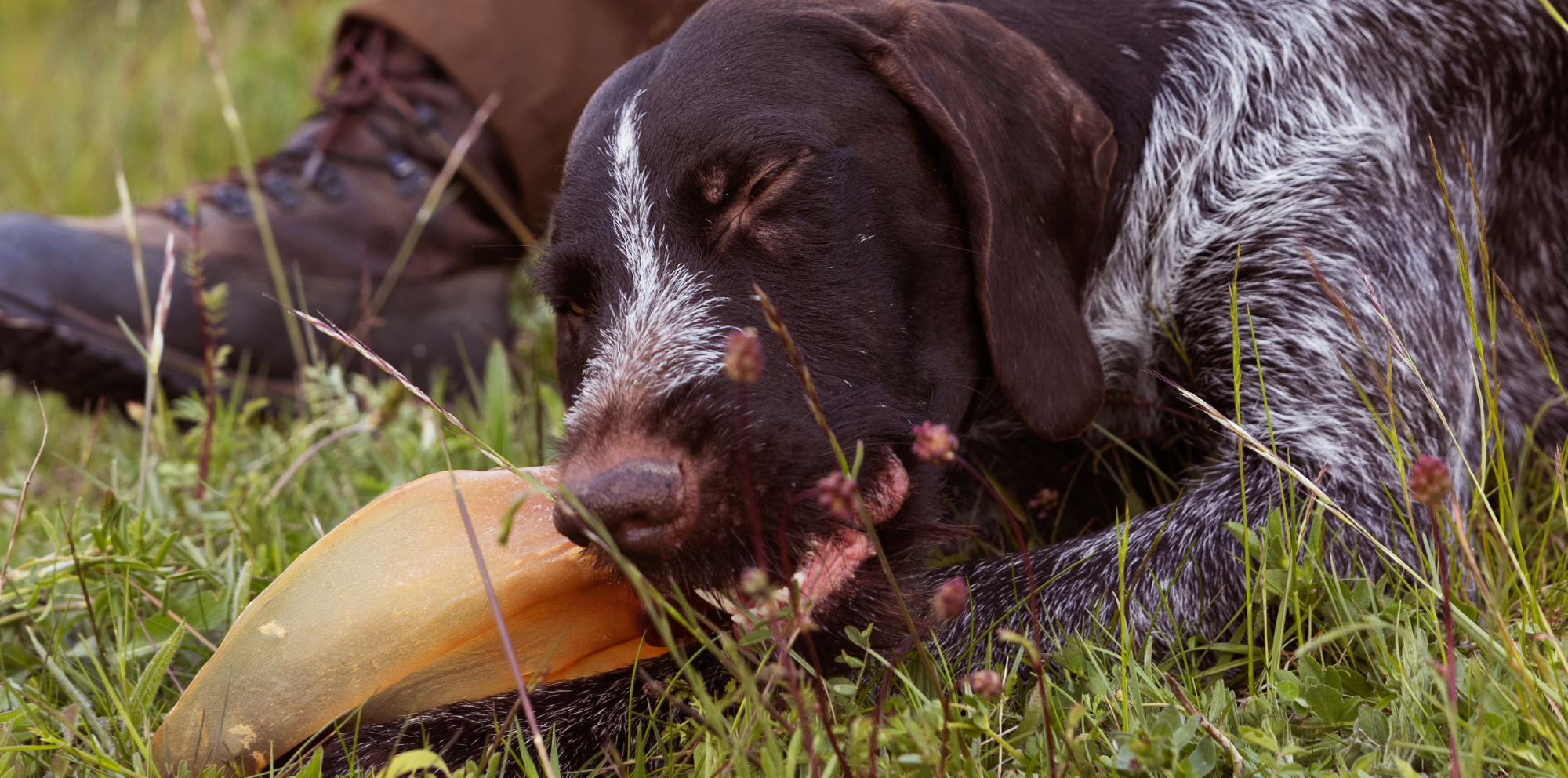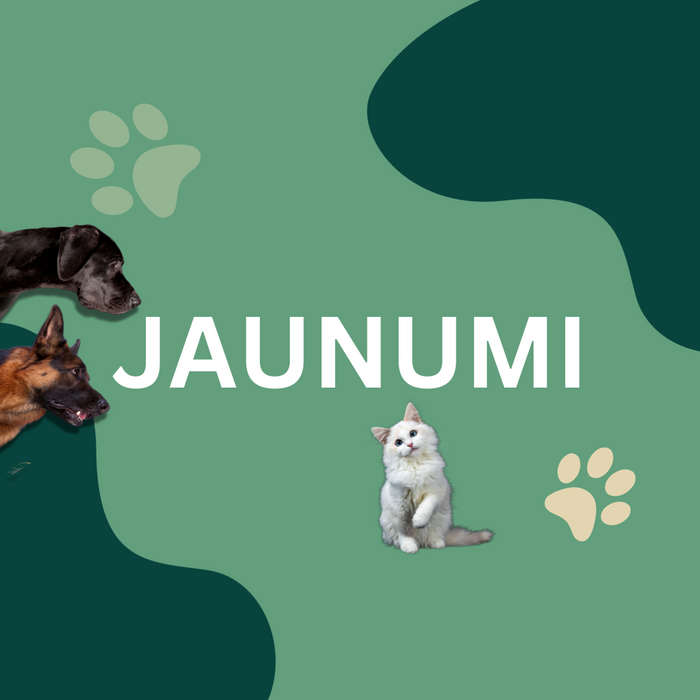

Tips for caring for your dog's oral cavity
For dogs, just like humans, regular oral care is essential for their health and well-being. Plaque and bacteria buildup can cause gum disease, bad breath, and even serious infections that affect the health of the entire body. How to take care of your dog's oral and dental health on a daily basis? Read about it in this article!
The article was written with the advice of certified veterinarian Anna Lapoška.
What are the signs of dental problems?
Various signs may indicate oral and dental problems, the most common of which are:
-
Bad breath,
-
Yellow or brown tartar deposits on the teeth,
-
Redness of the gums, exposure of the tooth roots,
-
Loss of appetite or difficulty chewing,
-
Pronounced salivation.
If you notice any of these signs in your dog, be sure to consult a veterinarian to evaluate the next course of action - in cases where serious oral health problems have already arisen, treatment under the supervision of a doctor is most often required.
Recommendations for preventive oral care for dogs
The best way to take care of your dog's oral health in the long term is to focus on preventative measures to maintain oral health to reduce the chance of developing more serious problems later in life. Here are some daily steps to take to care for your dog's oral health:
-
Teeth cleaning: Dogs should have their teeth brushed at least once a day, or at worst a few times a week, with a special dog toothbrush and toothpaste. Human toothpaste should not be used to clean dogs' teeth, as its composition is not suitable and can even be dangerous for dogs!
-
Regular chewing and gnawing: Regular chewing helps to mechanically clean the teeth, reducing the formation of plaque and tartar, and strengthens the jaw and gums. Various dried foods (e.g. dried beef skin or esophagus, beef or pig ears, rabbit ears), fresh bones (e.g. sawn beef shanks) - they can be an excellent addition to your dog's diet to maintain dental health. Remember that dogs should never be given heat-treated bones - they break into splinters, which can be dangerous even for the dog's life! It is also important to choose bones appropriate for your dog's size and dose them, as too much bone in the diet can cause severe constipation.
-
Special treats for oral health: Today, there is a wide range of different chews and other treats available, the composition and shape of which are designed specifically to maintain the oral health of dogs. Such treats can be a great additional preventive measure for your dog's dental health.
-
Regular checkups: Take your dog to the vet at least once a year to check the condition of his teeth and be able to create a prevention or treatment plan that will prevent teeth from having to be extracted.


